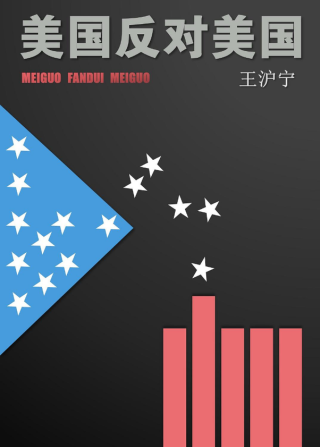Wang Huning observed a complex set of relationships between American self-confidence, American individualism, and American faith in science and technology. In drawing connections between these aspects of American life Wang follows in the Tocquevillian tradition: Wang would agree with Tocqueville’s claim that “social states… dispose the minds” of those who experience them. He likewise tends to see human behavior as Tocquevillian described it—as the expression of the “passions, needs, education, [and] circumstances” of an individual, each in turn shaped by economic conditions, spiritual traditions, and cultural inheritances shared across society.
Tocqueville, a European aristocrat, was struck most forcefully by the equality of the American people. Wang, citizen of an underdeveloped nation that still relied more on animal power than electricity, was most awed by American technology. The two forces surge towards the same end.
Tocqueville feared equality might birth baleful individualism. This sort of individualism “persuades each citizen to cut himself off from his fellows and to withdraw into the circle of his family and friends in such a way that he creates a small group of his own and willingly abandons society at large.” The European aristocrat was a representative of his family and a member of the nobility first, individual second. In democratic nations that “thread of time is ruptured, and the track of generations is blotted out.” The American was an individual first, nothing second.
If democracy dissolves distinction, what will remain? Tocqueville’s answer: a “people who owe nothing to anyone and, as it were, expect nothing from anyone. They are used to considering themselves in isolation and quite willingly imagine their destiny as entirely in their own hands.” Democratic equality, in this view, “constantly brings [citizens] back to themselves and threatens in the end to imprison them in the prison of their own hearts.”
Wang—who like Tocqueville generally admired American life—shares these concerns. He describes the contradictions of American equality in great detail. He is troubled by American egoism. He is pained by American loneliness. But the America Wang visited was different from the one Tocqueville journeyed through. Wang came to America on the other side of James Beniger’s “control revolution.” Tocqueville’s independent American yeomanry, bound only by civic ties and market transactions, had morphed into a nation of technicians and salarymen whose lives were slotted into the workings of a vast “societal machine” [社会机器]. Wang sees this social state as the child of science and technology:

